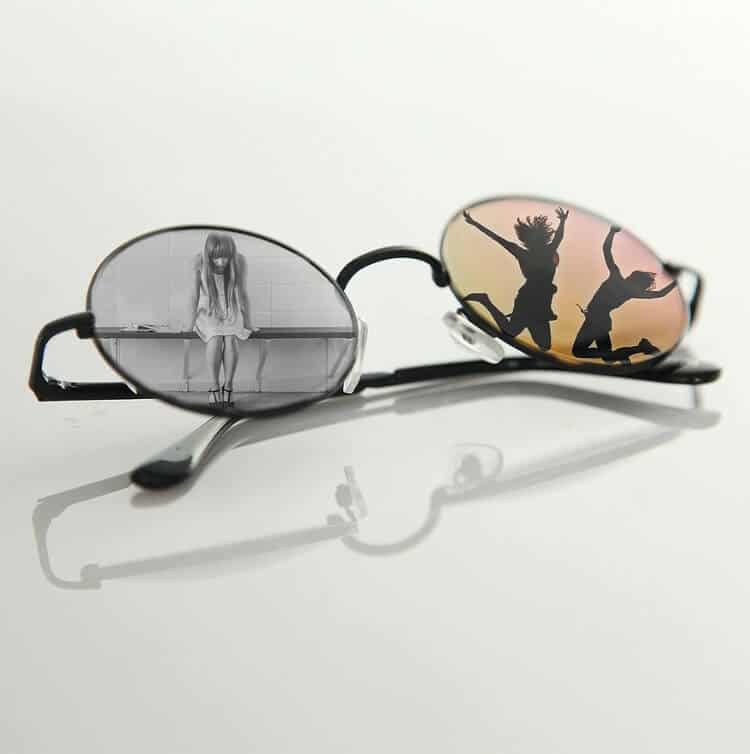Breaking the Cycle: How to Break Free from Addiction
Addiction can become a cycle of daily destructive behaviour. The disfunction that evolves entails the presence of the 4 “C’s” of addiction: Compulsion, Craving, Consequences and Control.

Compulsion.
The difference between compulsive behaviour and addiction is urge versus need. A compulsion is an insatiable urge to do something. Addiction is a need to do something to experience pleasure or remove discomfort even when the behaviour does not achieve the intended feeling it used to. Examples of compulsive behaviours include substance abuse of drugs and alcohol, chronic gambling, internet gaming, eating issues and unrestrained shopping.
Craving
Craving can be defined as a strong, urgent or abnormal desire for a certain substance or activity. The types of cravings are usually for alcohol or drugs or gambling or food or even exercise. As our body becomes more tolerant to the substance or behaviour then the cravings will become more frequent and increase in intensity.
Consequences
Even when negative consequences become obvious we choose not to acknowledge the negative effects of our behaviour as our “denial” strengthens and our need increases. Negative consequences of our addictive thinking and behaviour can affect our work, relationships, finances and our health.
Control
There is ultimately no control in our daily addictive life. There was a time, in the early stages, when we would try and cut back on, for example, our alcohol intake or to change our behaviour. Now we are literally controlled by our addictive thinking and behaviour and our addictive dependency.
We cannot control our addiction once we are addicted
The addictive cycle is progressive and the length and time of that progression will be different for everyone. Even though we may deny to everyone one that there is an increasing problem and try and reassure them that we can “sort it,” we deep down know in our heart that things are starting to become out of our control.
We need help – and need to recognise this
The problem is being able to break that addictive cycle. Certainly, for any real chance of being able to make or understand the changes that need to be made then we first need to be admitted into a safe environment of a residential addictions clinic. We need to be under the care of qualified people who can help us. In order to take this step, though, we need to acknowledge that we can’t get well by our selves and that we need the help of others. This requires a degree of personal humility. Our arrogance and / or pride might make it difficult for us to acknowledge that we need help. We might also still think “I am sure I can beat this,” where in reality our addiction keeps beating us.
We may need medical help to stay safe
There is also, for some, a genuine medical need to be admitted to residential detox treatment as they will need a medicated detox to safely stop drinking alcohol or to comfortably stop using certain drugs. At The Haynes Clinic we have spoken to many people who have tried to cut back at home on their daily consumption of alcohol only to suffer initial withdrawal symptoms which can lead to dangerous seizures in the first three days of starting a reducing regime. A supervised detox, overseen by the addiction rehab clinic’s doctor, will take up to 10 days for alcohol and opiates. A benzodiazepine detox can take a similar amount of time but can be up to six weeks (even more for heavy long term use).
We need to address the psychological side of our addiction
So finally that physically addictive cycle is broken but there needs to be more than just having a medicated detox as our addictive thinking is still in play. The recognised residential addiction treatment period is 28 days and the key to being able to understand the changes that we need to make to our addictive thinking and behaviour is a daily structured addiction treatment programme. This will consist of therapy and lectures and written work around the 12 Step Programme. This programme was originally developed for those with an alcohol addiction and due to its success in helping people its principles and modality have been adopted by other support groups such as Cocaine Anonymous, Gamblers Anonymous, Narcotics Anonymous and all Eating Disorders. About 95% of all residential addiction treatment rehabs or addiction clinics in the UK are 12 Step orientated. That is because this has been proven to be an extremely effective way to get – and perhaps more importantly to stay – clean and sober.
We need to change our behaviour
In order to be on the road to Recovery and to be able to break free from that daily addictive cycle – and not to return to the destructive path that we were on – there needs to be an internal understanding that we cannot go back to doing the things we used to do or we will get the things we don’t want back again. For example it would be madness for an alcoholic to leave residential addiction treatment and go and sit in a pub with his old drinking partners and think this behaviour will not lead to a relapse.
Ongoing support and help is very important
Having broken the addictive cycle, it is important to start to put in to practise all the things we learnt while we were in addiction treatment now that we are back in the real world. We also need to remember that we chose to go into treatment as we found that we could not get well by our own actions and we needed the help of others. The very same applies after we have left treatment: support from others is critical, ranging from weekly Aftercare provided by the addiction clinic or rehab, to attending weekly support groups such as AA, CA or NA, to communicating with others for guidance and direction. We also need to understand that we have not been on a course which is over but that it is an ongoing programme of Recovery. Going into addiction treatment is just the start of our journey – in itself it is not a cure.
Treatment is not a ‘cure’.
Also, to make these changes with our thinking and behaviour takes time. We need to keep it up until it is almost second nature. We will need to put work into our Recovery, in the early stages, and to not become complacent.
Whilst we might have broken free from our addiction we are not “cured” and need to maintain a daily 12 step programme to remain well and not relapse back to our old thinking and behaviour.


